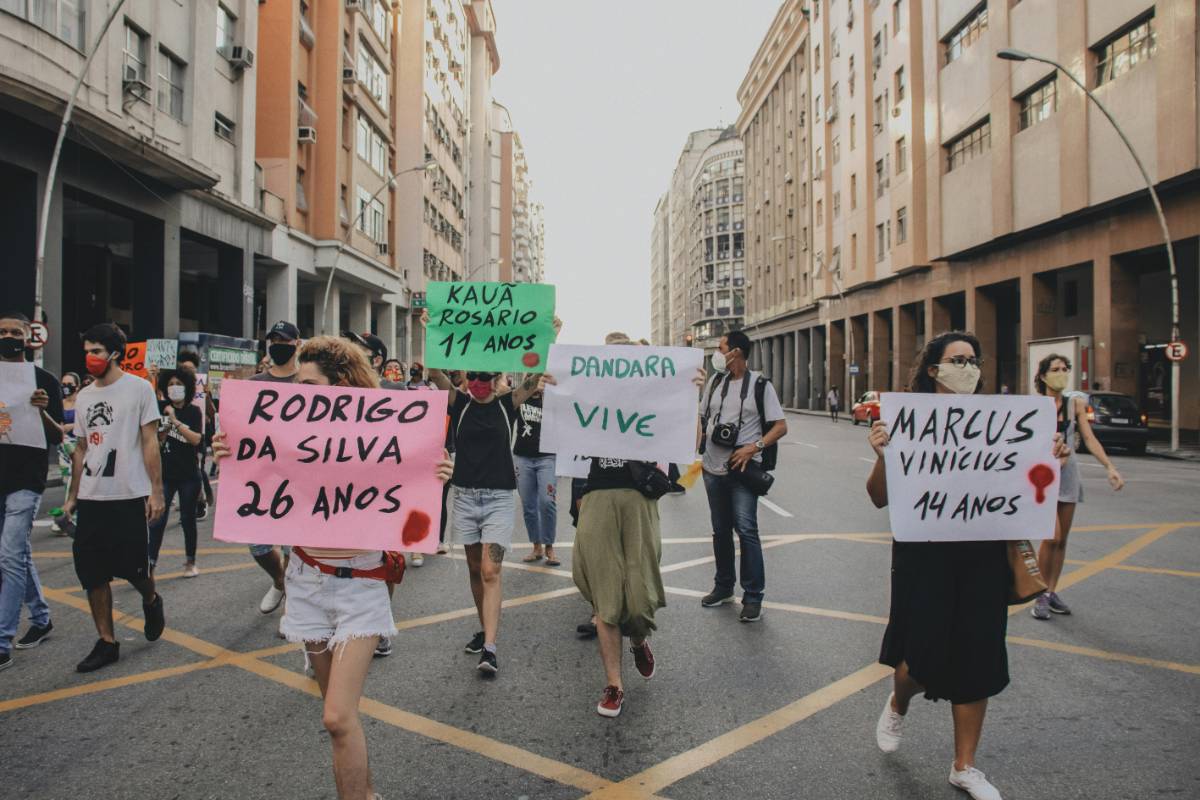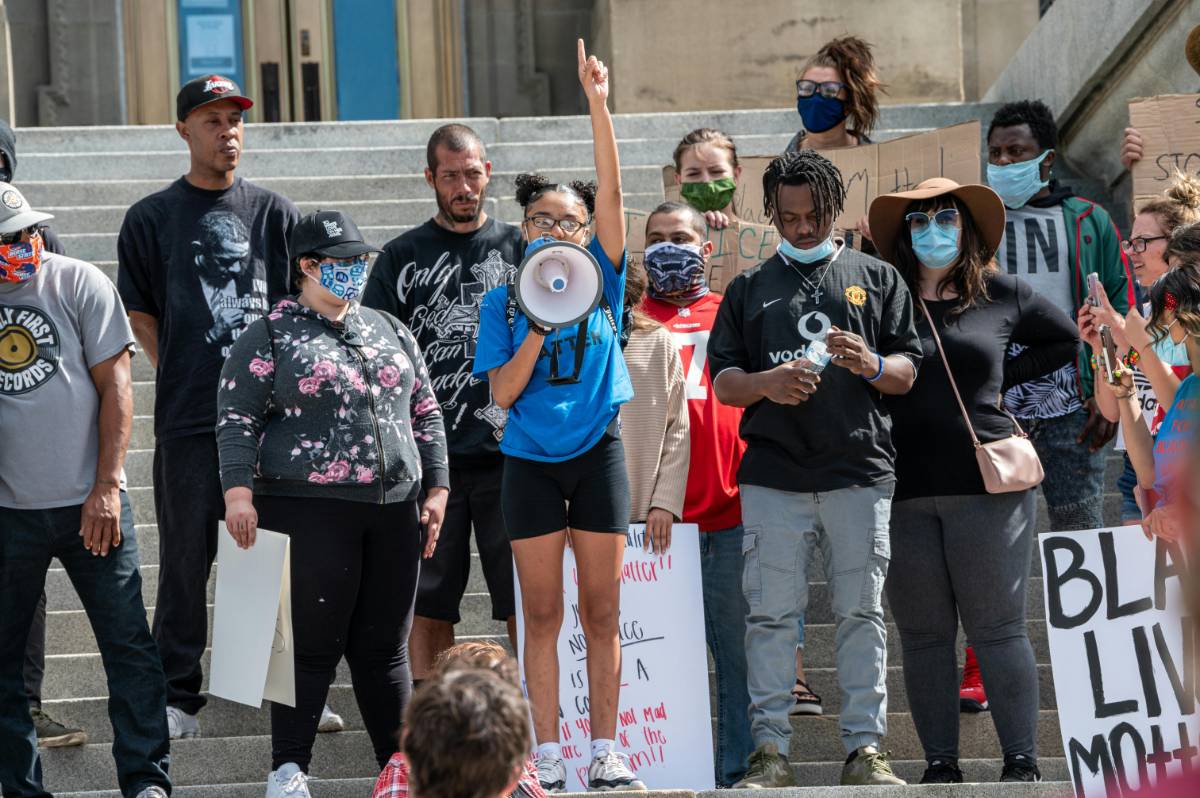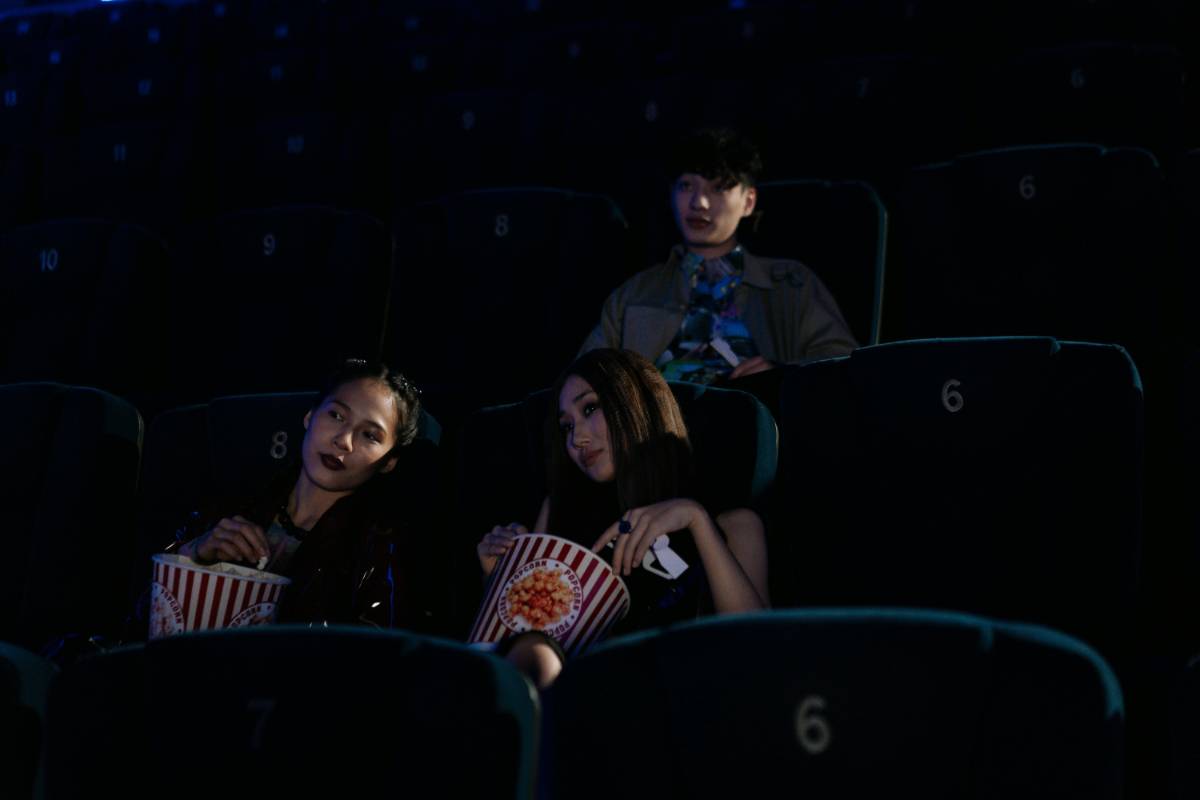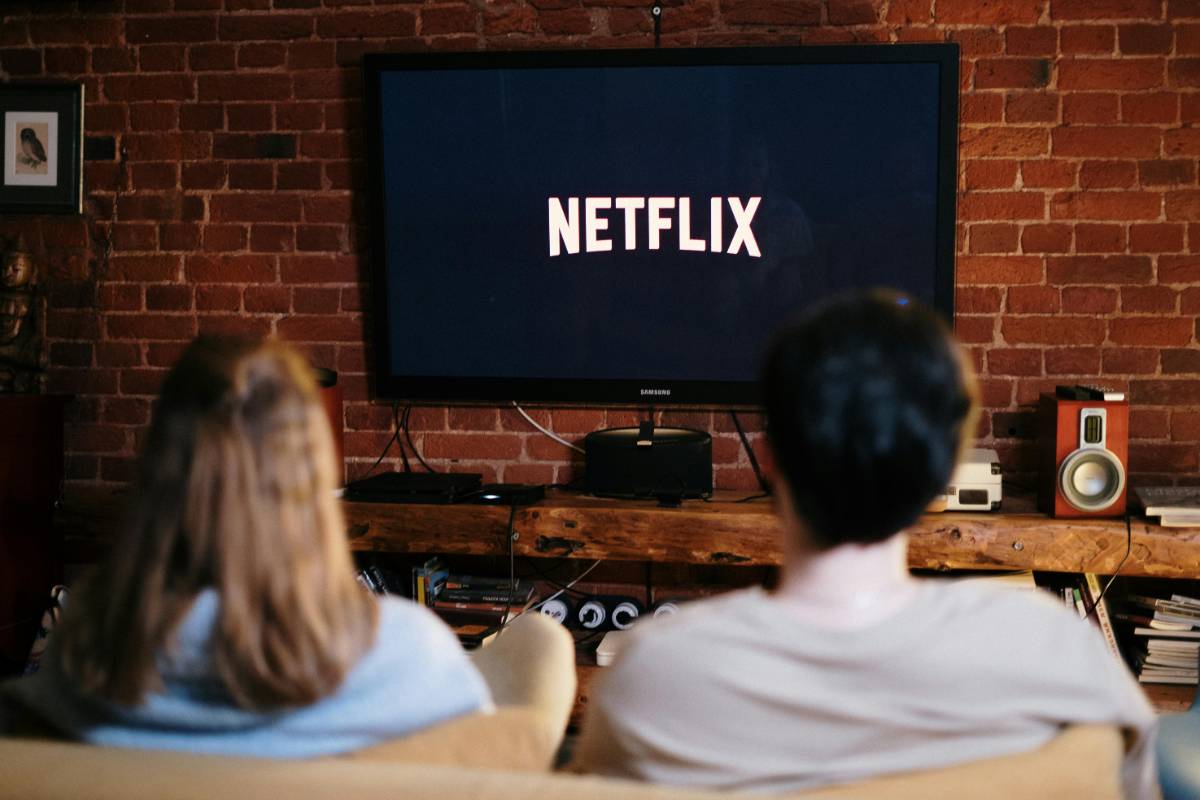The Impact of Hollywood on Social Justice Movements
02 Sep 2025
Read Time: 7 min read

Hollywood has always played a significant role in shaping cultural narratives and influencing societal attitudes. Over the decades, the entertainment industry has been at the forefront of social justice movements, using the power of film, television, and celebrity platforms to highlight important issues. From the civil rights era to today’s fight for gender equality and racial justice, Hollywood has both reflected and contributed to societal change.
 The Civil Rights Movement and Hollywood's Early Influence
The Civil Rights Movement and Hollywood's Early InfluenceDuring the 1960s, as the Civil Rights Movement gained momentum, Hollywood began to address race relations and racial inequality in its films. Movies like *Guess Who's Coming to Dinner* (1967) and *In the Heat of the Night* (1967) tackled racism head-on, offering a new narrative on racial integration and equality. These films, though not without controversy, helped open up discussions about race in America and inspired audiences to reconsider their prejudices.
The 1970s and '80s saw a greater focus on racial equality and the portrayal of African-American characters in leading roles, with films like *Roots* (1977) and *The Color Purple* (1985) contributing to conversations about African-American history and the struggle for civil rights.
Hollywood’s Role in Feminist MovementsThe feminist movement has also been deeply intertwined with Hollywood. In the 1970s, with the rise of the women’s liberation movement, female filmmakers and actresses began challenging traditional gender roles on screen. Movies like *9 to 5* (1980) and *Thelma & Louise* (1991) presented women not just as love interests, but as complex characters with their own agency and goals.
In more recent years, the #MeToo movement has sparked a reckoning in Hollywood regarding gender equality and sexual harassment in the industry. High-profile cases like those involving Harvey Weinstein shed light on the systemic abuse of power in Hollywood, leading to widespread changes both within the industry and in society at large.

The representation of LGBTQ+ individuals in Hollywood has undergone significant change over the years. Early portrayals of LGBTQ+ characters were often stereotypical or negative, but as attitudes toward the community evolved, so did their representation in film and TV.
In the 1990s, movies like *Philadelphia* (1993) and *The Birdcage* (1996) began to portray LGBTQ+ characters in more nuanced and positive ways. More recently, films like *Moonlight* (2016) and *Call Me by Your Name* (2017) have celebrated LGBTQ+ love stories, contributing to a broader cultural acceptance of the community.
Hollywood has also used its influence to advocate for LGBTQ+ rights, with celebrities like Ellen DeGeneres and Billy Porter becoming outspoken advocates for equality and inclusion, pushing for greater representation in both film and television.
💡 Discover More from Hollywood
The Black Lives Matter (BLM) movement, which gained national prominence following the killing of Trayvon Martin in 2012, was met with a wave of support from Hollywood. Actors, producers, and directors used their platforms to advocate for racial justice, with many taking to social media and participating in protests.
Films like *13th* (2016), directed by Ava DuVernay, and *Selma* (2014) have helped to bring attention to systemic racism and the long history of racial inequality in America. In addition to creating impactful works, many Hollywood stars, such as Kerry Washington and Janelle Monáe, have become prominent activists, using their fame to raise awareness for BLM and other racial justice causes.
Environmental Justice and Hollywood’s Push for ChangeThe intersection of social justice and environmental issues has also been a growing area of focus for Hollywood. Celebrities like Leonardo DiCaprio and Jane Fonda have become vocal advocates for environmental justice, connecting the dots between climate change, poverty, and racial inequality.
Films like *An Inconvenient Truth* (2006) and *The 11th Hour* (2007) have spotlighted the environmental crisis, calling for urgent action to protect vulnerable communities that are disproportionately affected by environmental degradation.
The Future of Hollywood and Social JusticeAs the global conversation around social justice continues to evolve, Hollywood’s role as a catalyst for change will only grow stronger. With increasing diversity within the industry, filmmakers and actors are in a unique position to continue pushing boundaries and addressing issues like racial justice, gender equality, LGBTQ+ rights, and environmental activism through their art.
Hollywood’s ability to shape cultural narratives and reach millions of people worldwide makes it an essential ally in the fight for social justice. The future of social justice movements in Hollywood will likely see even more intersectionality, where issues of race, gender, sexuality, and environmentalism are interconnected in the films and shows of tomorrow.
Stay Informed
Get the latest and most accurate news delivered straight to your inbox. Subscribe now and never miss an update.

Anita Singh
An insightful voice in the industry, crafting content that informs, inspires, and connects with readers.
View all articles →Continue Reading

Travel
How to Make the Most of Business Class Benefits on Your Next Corporate Flight
By David Thompson
02 Oct 2025

Travel
How to Make the Most of Your Corporate Travel Perks – Expert Tips Inside!
By James Carter
31 Aug 2025

Travel
Exploring Indigenous Cultures: Destinations and Responsible Tourism Tips
By Rahul Sharma
20 Sep 2025

Travel
Why Your Corporate Travel Policy May Be Costing You More Than You Think
By David Thompson
18 Sep 2025

Travel
How to Make the Most of Your Airline Miles – Tips from Travel Experts
By Olivia Mitchell
23 Sep 2025












